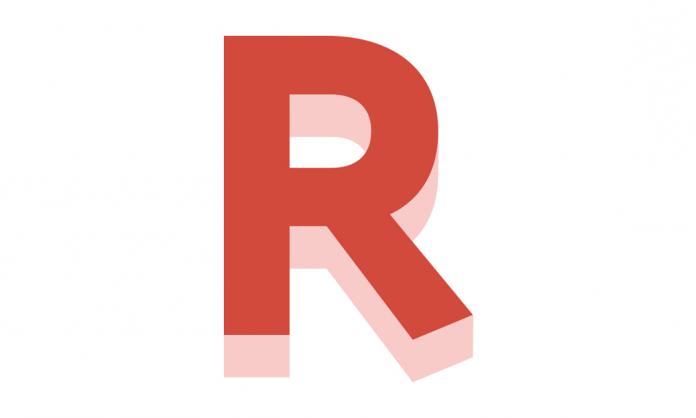The Preston Market, in the heart of Melbourne’s northern suburbs, is the focus of a heated battle between the local community and greedy corporations with powerful political backers.
The open-air market is as much a hub of social activity as it is a source of cheap, fresh food for the more than 80,000 people who visit it each week. It’s a place where parents can chat while their kids play safely, and elderly people can catch up and enjoy a sense of community that simply doesn’t exist anywhere else. It’s a place where everyone belongs, and it is much loved for that reason.
But despite the sense of collective ownership, the market is actually the property of a small number of ultra-rich investors—including Sam Tarascio, who, with a net worth of $1.6 billion, is ranked as one of the richest 100 people in Australia. His firm, Salta Properties, proudly boasts about being one of Australia’s largest privately owned companies. Then there’s co-owner Roy Medich of the Medich Corporation, who was once implicated in the illegal dumping of asbestos waste and whose brother was convicted in 2018 of ordering a contract killing against a former business partner.
Current proposals by the Victorian Planning Authority would allow the site’s owners to demolish the existing market and replace it with high-rise apartment blocks. The development would include a new modern shopping centre and minimal open space.
In response to widespread community opposition, the government and developers have mouthed platitudes about “protection of the market’s unique identity and heritage”, but continue to pursue their plans to demolish it. Their priority is to cram in as many dwellings as possible, in order to generate as much profit as possible. All other considerations are secondary.
After years of ignoring community concern, an alternative proposal has at last been put forward by the local Darebin council that includes heritage protections to preserve the market building as it currently is. The council claims its plan would also “substantially reduce dwelling density” in the development, avoiding the problem of a cramped streetscape and protecting the market’s communal atmosphere. Given that this proposal seems to allow the same number of dwellings to be constructed, however, it’s hard to see how this promise could be fulfilled.
Fundamentally, the council would leave these profit-hungry corporations in control of any development on the site, ensuring that making a profit will always be prioritised over social good. Instead of negotiating with billionaires, we should fight to take the Preston Market into public hands.
Acquisition by the government would mean that development could be undertaken in the interests of genuine community need. Such a development would be sympathetic to the existing market, rather than razing it completely along with its rich history. The market’s structures could be refurbished, something the current owners refuse to do in order to strengthen their argument for bulldozing the “run-down” building. Genuinely affordable housing could be built around it, including public housing, with plenty of public space for community use.
Thousands of people in Melbourne are angry at the slated destruction of this much-loved amenity. It’s a stark example of how corporations and the rich get to decide how our cities work under capitalism—destroying the built and natural environment in the pursuit of profit.
The Victorian planning minister has the power to intervene and compulsorily acquire the site for the state. The Save the Preston Market community campaign, the Victorian Socialists and an independent candidate for Preston, Gaetano Greco, are among those demanding the minister intervene. They are pushing collectively to politicise the fight for the Preston Market and make it an issue that Labor can’t avoid in the lead-up to the Victorian state election in November.
The campaign’s petition demanding public acquisition, along with other information about the market and the campaign to save it, can be found at savetheprestonmarket.com/petition.








